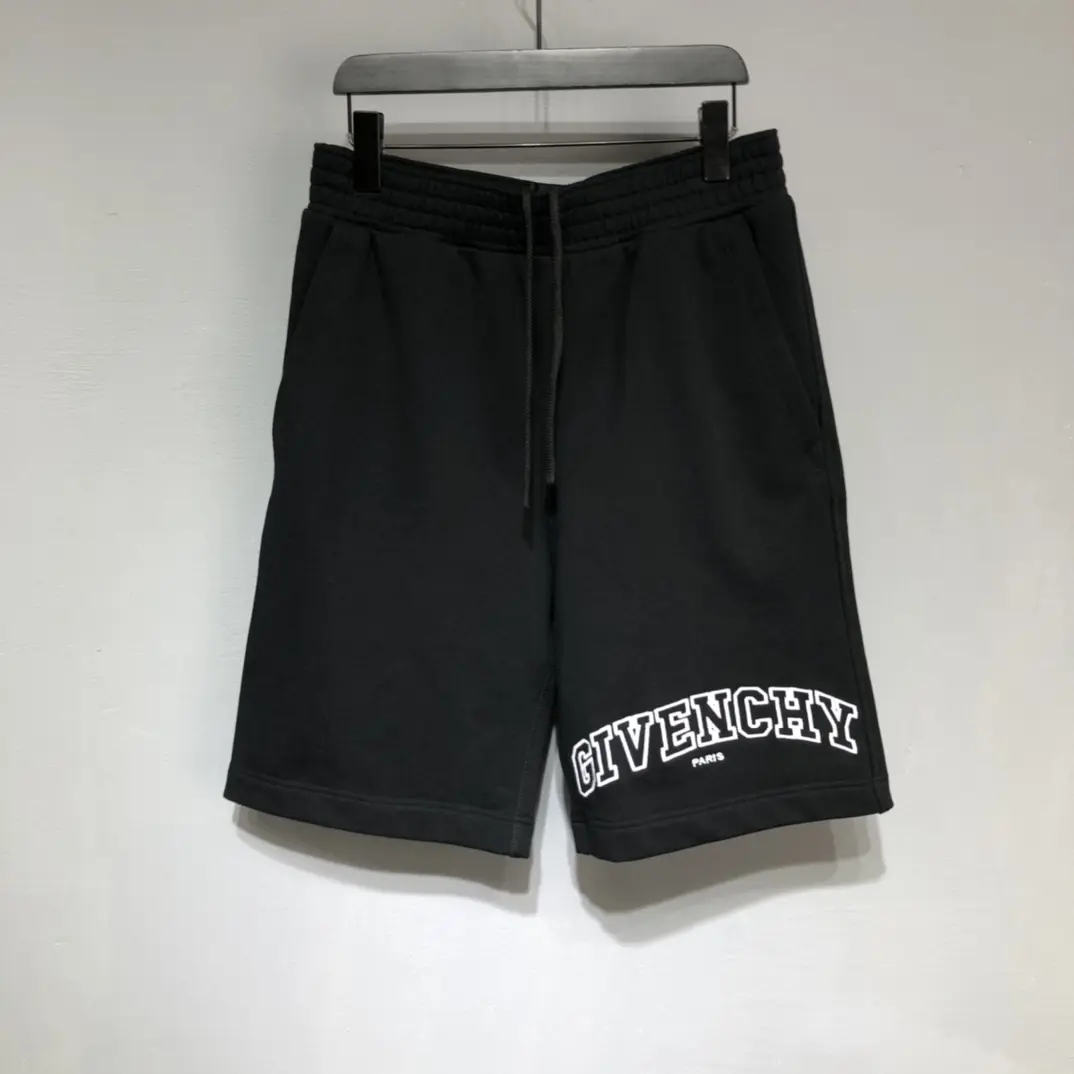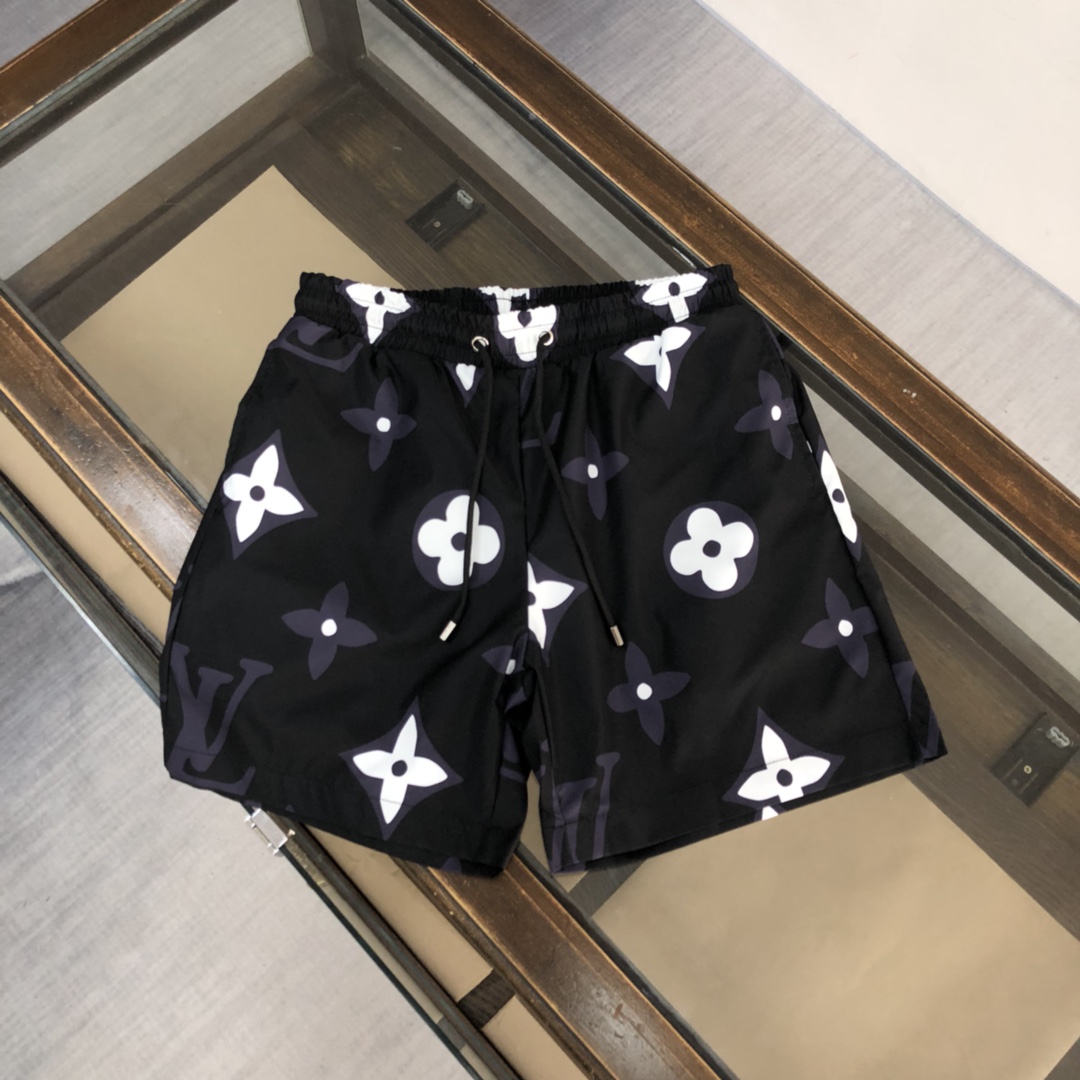Replicas, also known as counterfeit or imitation goods, are products that closely resemble or mimic the appearance of genuine branded items but are produced without the authorization or approval of the original brand owner. In this 1000-word discussion, we will explore the concept of replicas, the reasons behind their existence, the controversies surrounding them, and the impact they have on consumers and businesses.
Introduction to Replicas (150 words)
Replicas are products that are intentionally designed and manufactured to imitate the appearance, branding, and packaging of well-known brands. They are often found in various industries, including fashion, accessories, electronics, and luxury goods.
Reasons for the Existence of Replicas (200 words)
There are several reasons why replicas exist in the market. One primary factor is the demand for affordable alternatives to expensive branded items. Replicas offer consumers the opportunity to own products that resemble high-end brands at a fraction of the cost. Additionally, the allure of status and luxury associated with certain brands motivates some individuals to purchase replicas, allowing them to display a certain image without the high price tag.
Controversies Surrounding Replicas (250 words)
The production and sale of replicas are surrounded by numerous controversies. Brand owners argue that replicas infringe upon their intellectual property rights, dilute brand equity, and result in significant financial losses. Counterfeit goods also undermine consumer trust and can lead to disappointment due to inferior quality or performance compared to genuine products. Moreover, replicas often
involve unethical practices, such as exploitation of workers, poor working conditions, and involvement in organized crime.
Legal Aspects and Intellectual Property (200 words)
The production and sale of replicas are generally considered illegal in most countries. Intellectual property laws protect the rights of brand owners, including trademarks, copyrights, and patents. Brand owners have the legal authority to take action against manufacturers, distributors, and sellers of replicas, leading to legal consequences, including fines and imprisonment.
Consumer Perspectives on Replicas (150 words)
Consumers have diverse opinions on replicas. Some individuals are attracted to the affordability and accessibility of replica products, allowing them to follow fashion trends or own items they couldn't otherwise afford. However, others are concerned about the ethical, legal, and quality implications associated with replicas. Furthermore, purchasing replicas may perpetuate the demand for counterfeit goods and contribute to the loss of jobs in legitimate industries.
FashionReps | givenchy clothing Fashion Reps Replica&FAKE STORE OUTLET
FashionReps | canada goose clothing Fashion Reps Replica&FAKE STORE OUTLET
Replicas, also known as counterfeit or imitation goods, are products that closely resemble or mimic the appearance of genuine branded items but are produced without the authorization or approval of the original brand owner. In this 1000-word discussion, we will explore the concept of replicas, the reasons behind their existence, the controversies surrounding them, and the impact they have on consumers and businesses.
Introduction to Replicas (150 words)
Replicas are products that are intentionally designed and manufactured to imitate the appearance, branding, and packaging of well-known brands. They are often found in various industries, including
fashion reps clothing, accessories, electronics, and luxury goods.
Reasons for the Existence of Replicas (200 words)
There are several reasons why replicas exist in the market. One primary factor is the demand for affordable alternatives to expensive branded items. Replicas offer consumers the opportunity to own products that resemble high-end brands at a fraction of the cost. Additionally, the allure of status and luxury associated with certain brands motivates some individuals to purchase replicas, allowing them to display a certain image without the high price tag.
Controversies Surrounding Replicas (250 words)
The production and sale of replicas are surrounded by numerous controversies. Brand owners argue that replicas infringe upon their intellectual property rights, dilute brand equity,
fashionreps prada clothing and result in significant financial losses. Counterfeit goods also undermine consumer trust and can lead to disappointment due to inferior quality or performance compared to genuine products. Moreover, replicas often involve unethical practices, such as exploitation of workers, poor working conditions, and involvement in organized crime.
Legal Aspects and Intellectual Property (200 words)
The production and sale of replicas are generally considered illegal in most countries. Intellectual property laws protect the rights of brand owners, including trademarks, copyrights, and patents. Brand owners have the legal authority to take action against manufacturers, distributors, and sellers of replicas, leading to legal consequences, including fines and imprisonment.
Consumer Perspectives on Replicas (150 words)
Consumers have diverse opinions on replicas. Some individuals are attracted to the affordability and accessibility of replica products, allowing them to follow fashion trends or own items they couldn't otherwise afford. However, others are concerned about the ethical, legal, and quality implications associated with replicas. Furthermore, purchasing replicas may perpetuate the demand for counterfeit goods and contribute to the loss of jobs in legitimate industries.

FashionReps | givenchy clothing Fashion Reps Replica&FAKE STORE OUTLET

FashionReps | lv clothing Fashion Reps Replica&FAKE STORE OUTLET